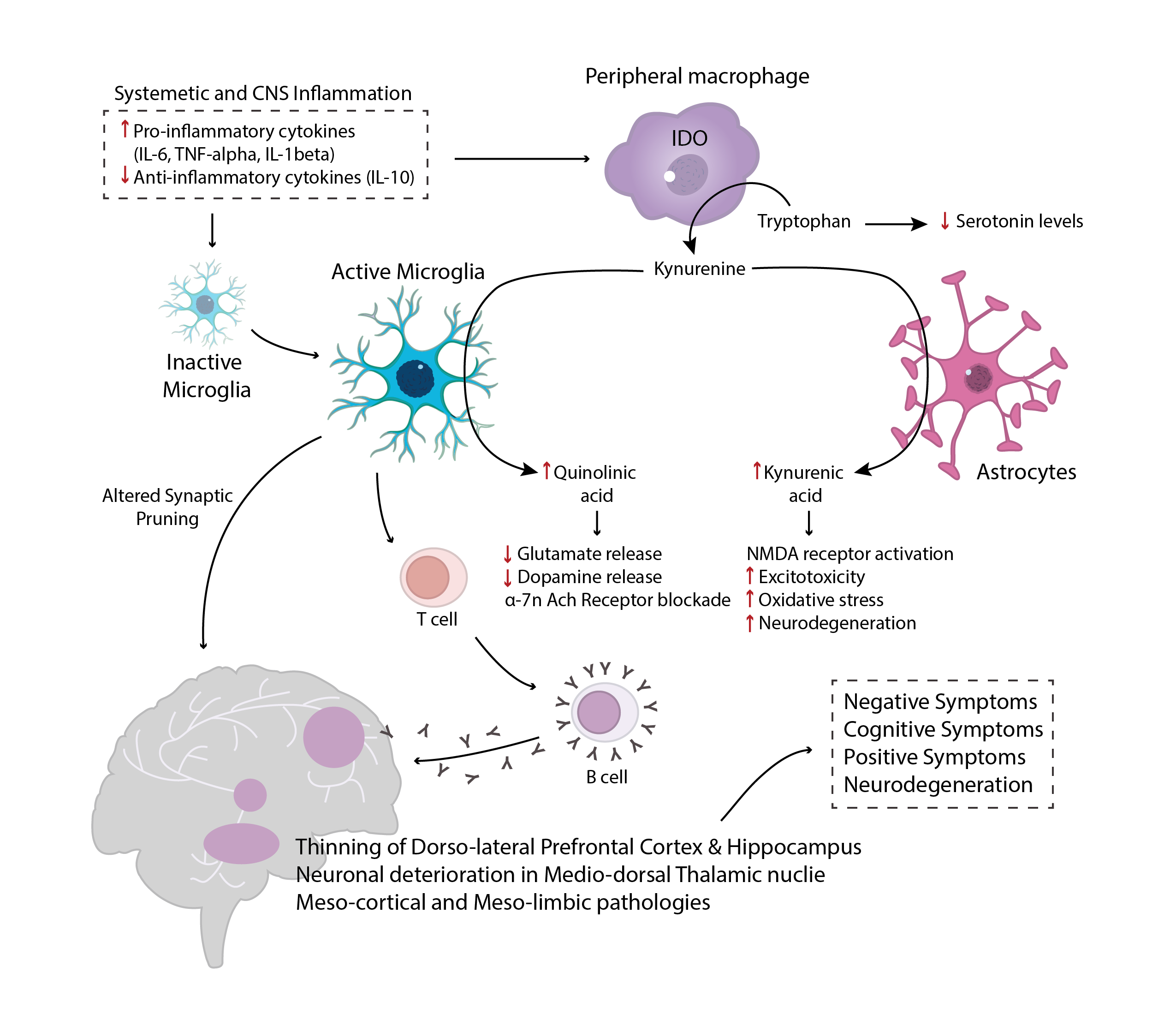Olanzapine Use in Schizophrenia and the Modulation of Its Response by Genetic Variations
DOI:
https://doi.org/10.55627/mmc.002.001.0038Keywords:
Schizophrenia, olanzapine, therapeutic response, adverse effects, genetic variantsAbstract
Schizophrenia is a chronic disease with diverse psychopathology and multiple phases of illness. Consequently, numerous factors must be considered when assessing the benefits of a given treatment over short- and long-term periods. Olanzapine is an atypical antipsychotic reported to be effective without producing many of the disabling extrapyramidal adverse effects associated with older, typical antipsychotic drugs. Despite the fact that olanzapine is still associated with a known risk of metabolic side effects, including weight gain, many clinicians continue to prescribe olanzapine for the treatment of schizophrenia with the expectation of additional therapeutic antipsychotic efficacy relative to other first-line atypical antipsychotics. This review focuses on the epidemiology, pathogenesis, and treatment of schizophrenia with special emphasis on the role of olanzapine in the treatment of schizophrenia. Genetic variants associated with the therapeutic efficacy and adverse effects of olanzapine are reviewed and those with the potential to act as a clinical predictor of therapeutic response and/or adverse effects are discussed. Recommendations are made for the use of some of these genetic variants in clinical medicine.

Downloads
Published
Issue
Section
License
Copyright (c) 2022 Saad Salman, Sayyed Muhammad Ashhad Halimi, Inzemam Khan

This work is licensed under a Creative Commons Attribution 4.0 International License.











